Ecotopiales 2025: guest portraits 1/2
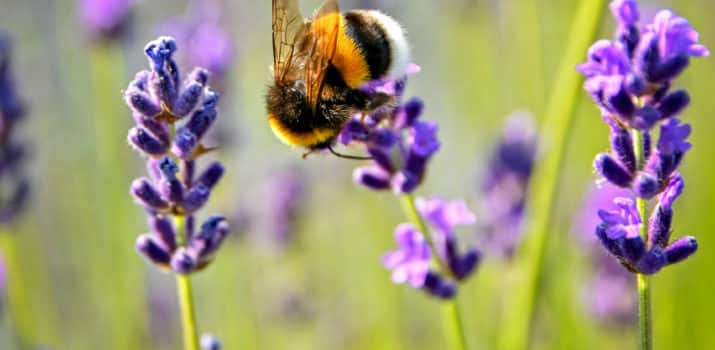

On the occasion of the Ecotopiales 2025 festival, the BCU Lausanne wanted to hear from some of the festival’s guests. Here are their answers, and with them a few ideas for each and every one of us in our relationship with Living Things.
Marcel Barelli – Animation director and author
My connection with the living world is mainly through knowledge. I like to read as much as I can about biodiversity, nature, animals and our responsibility towards them. I believe that knowledge leads to awareness. It also helps us to redefine our place within the living world, with modesty. As Gramsci said, uniting“the pessimism of reality with the optimism of will” allows us to move forward.
Antoinette Rychner – Writer and playwright
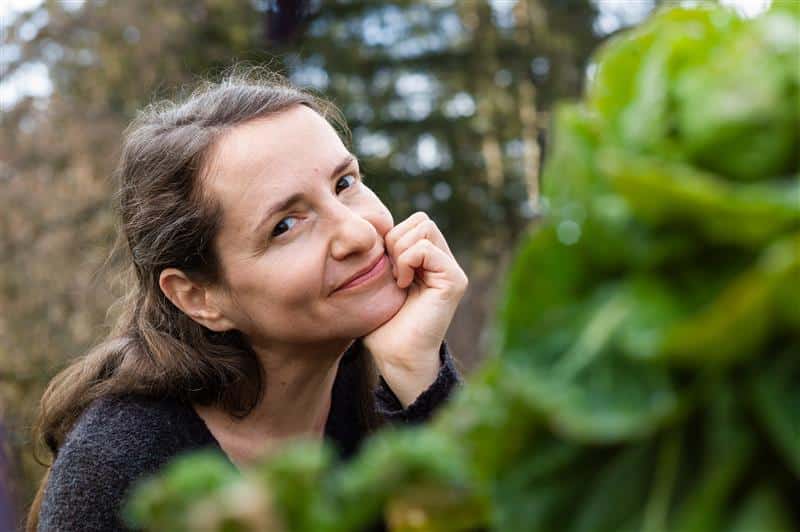
To tell the truth, I’m pessimistic about the future. Faced with the degradation of the earth system, I’m not convinced that the human species has a future, in the medium or even short term.
However, my novel shows human societies living in a very low-tech way, in healthy ecosystems, at an indeterminate time that could just as well be taken as a distant past as a distant future. This opening allows us to imagine that at least part of humanity would have survived, and would have sufficiently recovered from its ideologies to allow natural environments to repair themselves…
Timothée Parrique – Researcher in ecological economics
As an environmental economist, I work with living things every day and, frankly, it’s getting harder and harder to imagine a better future when you look at current trends. The truth is stark: we are destroying the biosphere, a fundamental infrastructure without which no economy is possible. To break the deadlock, we’ll have to reincorporate the economy into the logic of the living world, adapt its size and pace to the biocapacity of ecosystems, and challenge the toxic relationship we have with the rest of the living world.
Joëlle Salomon Cavin – Professor of environmental geography
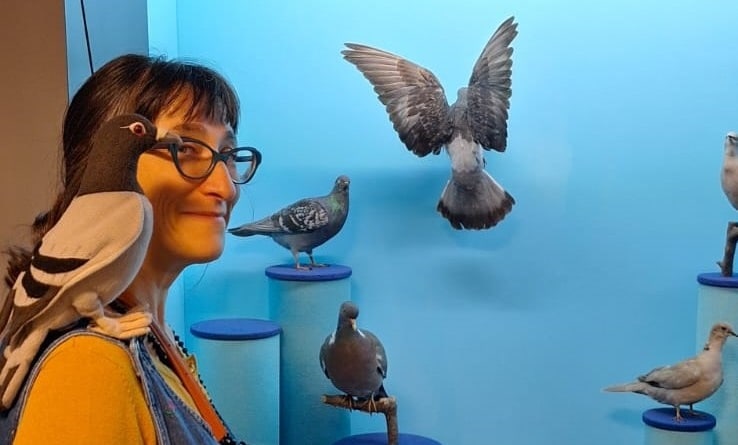
The simple fact of remembering a familiar mountain landscape and the moments I spend there comforts me. But it’s not enough, and in the end I’m rather pessimistic about the future of humans and the many species that are disappearing as part of the 6th extinction. Perhaps it’s a consolation to know that Nature will manage without us. Living things can always bounce back. I don’t think Nature is particularly “virtuous”… she just
is . It takes advantage of and insinuates itself into every breach that humans create, and not always to our benefit.
Olivier Hamant – Biologist and biophysicist
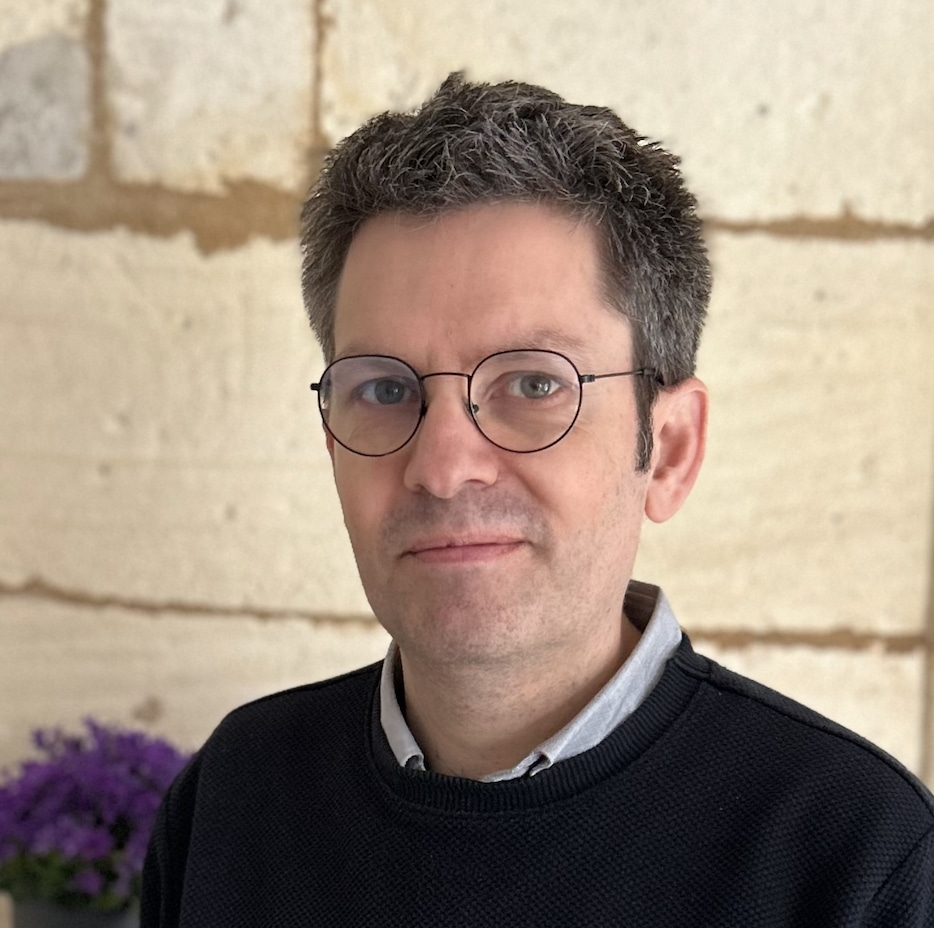
Paradoxically, it’s the increasingly fluid world that makes me both optimistic and connected to life. It’s in uncertainty that we feel alive, and it’s in uncertainty that the cult of performance, of optimization, and therefore of a certain violence, slips away. The future will be robust, like the living.
Claire Galloni D’Istria – Biologist and researcher in visual anthropology
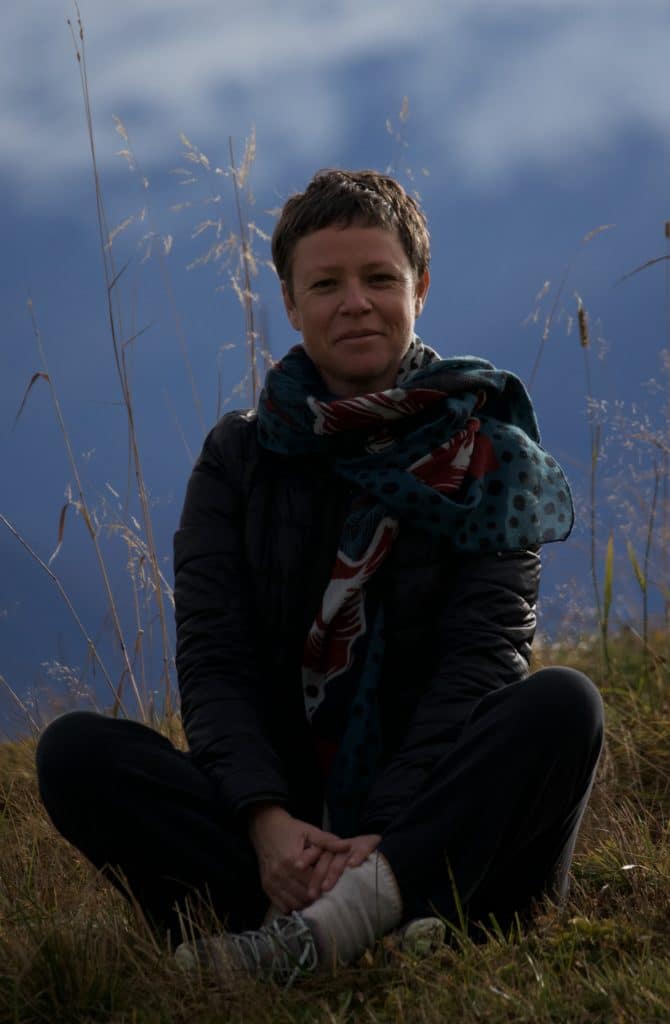
My job. I’m a visual anthropologist and biologist, exploring the renegotiations between humans and non-humans from a posthumanist perspective. The latter encompass wild and domestic fauna as well as the mountains, and are actors who co-construct the Alpine space, a territory at the heart of rapid and profound transformations. To this end, I mobilize photography and sound in a multimodal anthropological approach, while at the same time developing an artistic practice widely exhibited in art galleries and museums.
Marcel Barelli – Animation director and author
It may sound paradoxical, but it was when my children were born that I felt a great sense of responsibility. Particularly in terms of how I would introduce them to living things, to other species, to the world in general, so that they too would feel part of everything.
Antoinette Rychner – Writer and playwright
For four years now, I’ve been growing food for my family on the land around our house in the Franches-Montagnes region. It’s a metabolic way of connecting with living things. I have before my eyes the cycle of the organisms I’m going to consume. And I also have before my eyes the reality of the “waste” that our own organisms produce: as our isolated house is not connected to the sewage system, we have built a “phyto-epuration” plant, which works with reeds.
In a society where the dominant lifestyle makes production invisible (we can’t see where or how our clothes, machines etc. are made, or where and how they are disposed of after use), I consider it a privilege to be aware of the circulation of food, between the earth, our bodies and back! For more info on my neo-rural identity:
https://nature-ecriture.ch/qui-suis-je#Id_03
Timothée Parrique – Researcher in ecological economics
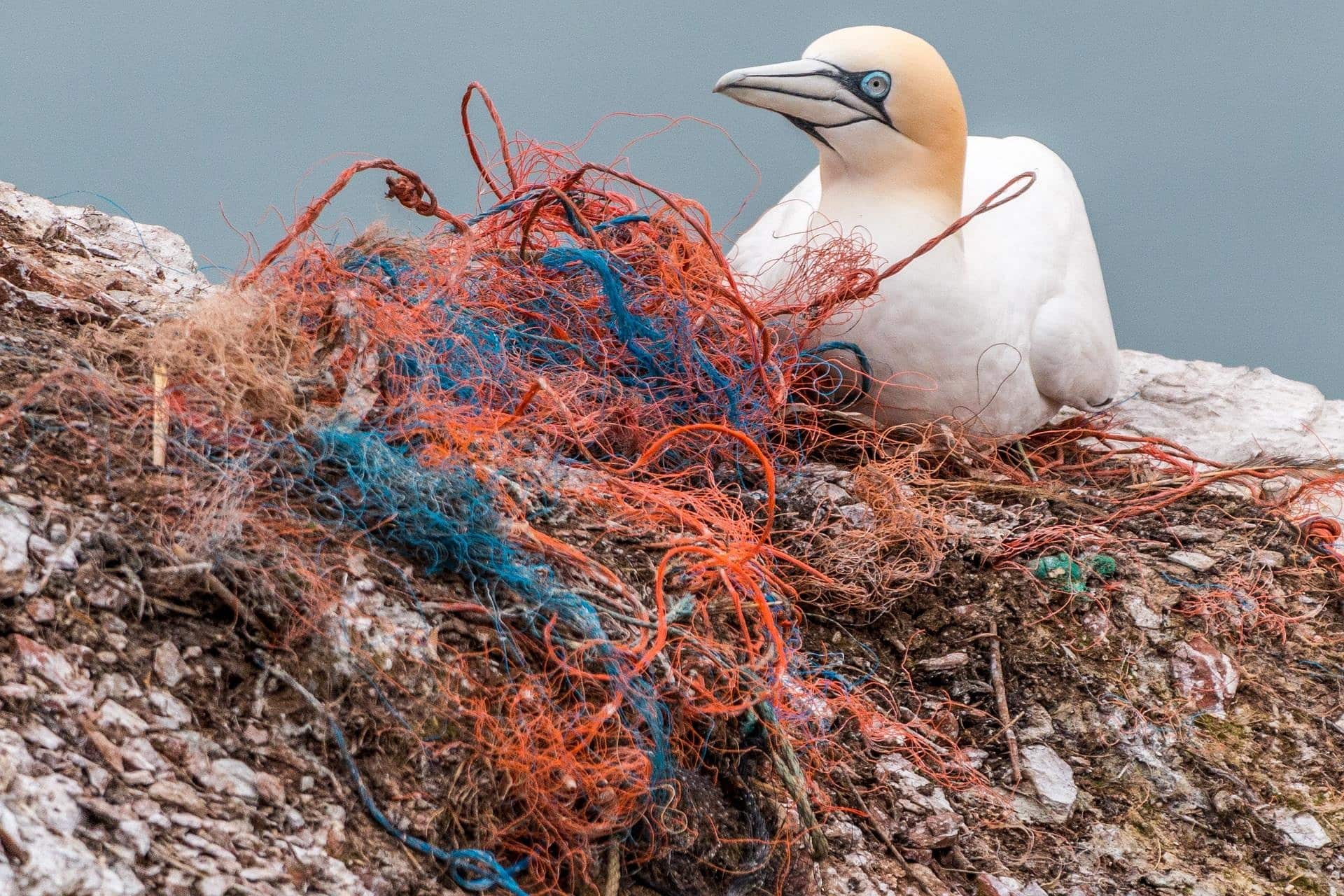
When I was younger, while surfing, I got caught in a drifting fishing net. First just a foot, and soon a whole leg. The ocean was rough that day and, without the help of other surfers, I might never have managed to free myself. Experiences like these develop ecological empathy, the first step towards building a genuine ethic of care for the rest of the living world.
Joëlle Salomon Cavin – Professor of urban ecology
Here again, two answers come to mind…
I feel connected to living things as I watch the seasons go by (picking gooseberries and grapes in the garden, watching the oak tree grow). But my most powerful experience was living with bedbugs. At that moment, I fell prey to an animal that attacked me in my most intimate space. This animal made my “home” his “home”, naturally and without any obstacles.
Olivier Hamant – Biologist and biophysicist
When you take the time to feel the air flowing in and out of your nostrils.
Claire Galloni D’Istria – Biologist and researcher in visual anthropology
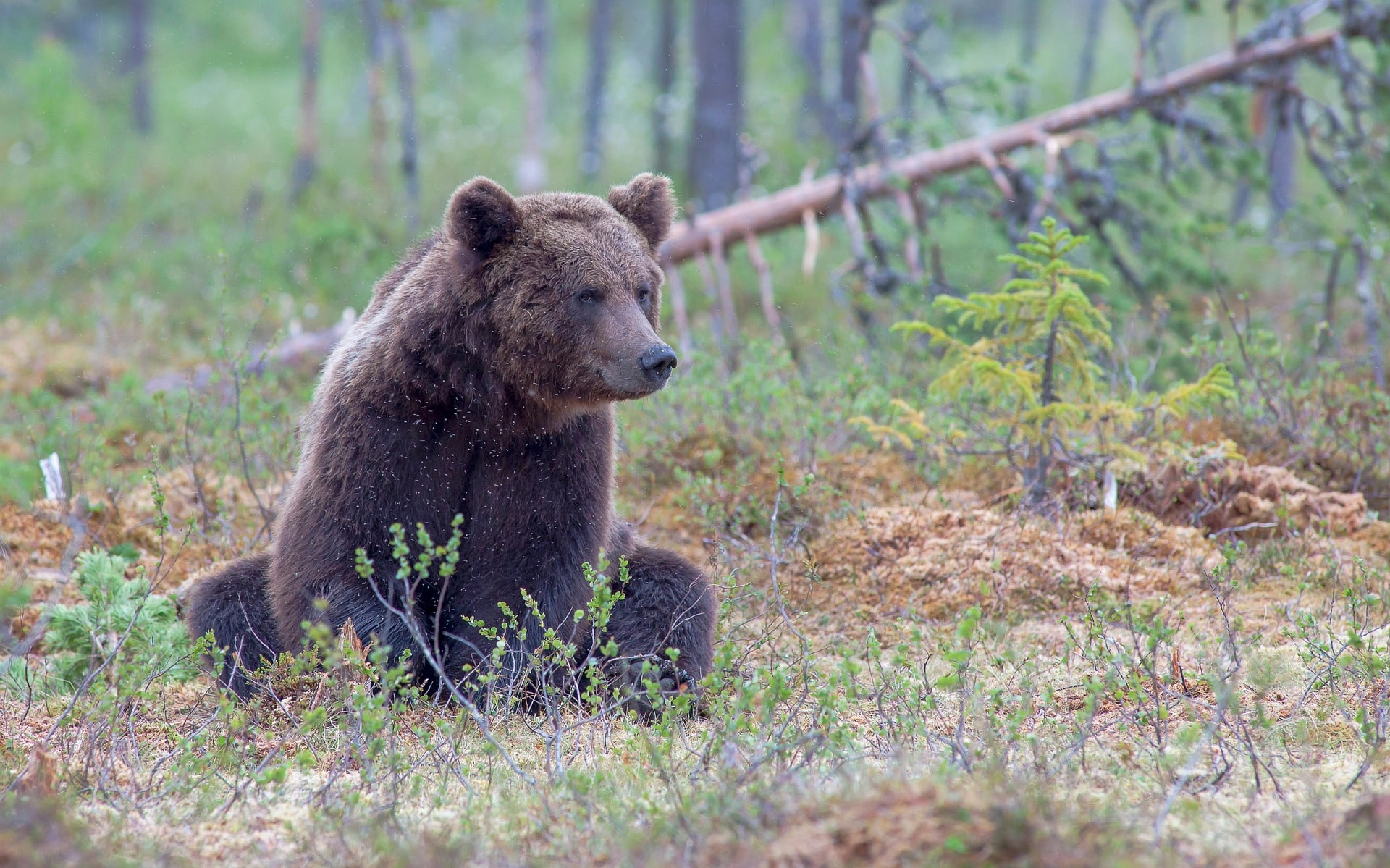
The experience I remember took place in Kyrgyzstan, on a steep mountain pasture. We had been living in the mountains for two months, pitching our tents every evening. One night, a sudden cry escaped me, snatched from a dream. It startled the bear that was standing against the tent wall. The beast gasped, then its voice rose. A huge, rasping rumble rolled across the mountain pasture.
The fear was absolute, instantaneous. Our bodies froze, my face flooded with tears, and this tense, interminable silence. Then a sentence was spoken: here, I am the bear’s equal. In this invisible face-to-face encounter, I inwardly advanced towards him, I became a bear. Then, against all odds, he backed off. The animal chose the night, resuming its walk.
That moment shifted my perception of the living forever. In the bear’s cry – however powerful, however threatening – I recognized a human resonance. And in my own outburst, in my response to it, I felt a raw animality emerging. We swapped places for a moment, then returned: he back to the vastness of the slopes, I contained in the frail tent with my family.
The experience left me with one certainty: between the human and the non-human, boundaries vacillate. They sometimes cross, like lightning bolts. Sleep, of course, never returned that night.
Antoinette Rychner – Writer and playwright
The following works feed my personal convictions, and the political background of my novel:
In the beginning was, A new history of humanity, David Graeber & David Wengrow.
Ecofeminism by Maria Mies & Vandana Shiva,
Subsistence, An Ecofeminist Perspective by Maria Mies and Veronika Bennholdt
Terre et liberté, The quest for autonomy versus the fantasy of deliverance by Aurélien Berlan
Timothée Parrique – Researcher in ecological economics
I’m going to recommend an economics book like no other: Paresse pour tous (2021) by Hadrien Klent. It’s a futuristic novel that imagines the victory of a French presidential candidate who defends the idea of a 15-hour week. More than a radical reduction in working hours, it’s a philosophical tale that explores another relationship to the world beyond growth, the race for productivity and consumerism.
Joëlle Salomon Cavin – Professor of urban ecology
Anna Tsing’s Mushroom at the End of the World was a big influence on me, and I find the Feral atlas very inspiring too. The book on
Rebondissements du vivant by Lionel Cavin. The song “Un monde nouveau” by Feu! Chatterton seems to me to describe our situation well. Finally, I recommend listening to the series of podcasts devoted to Elisée Reclus on France Culture this summer.
Marcel Barelli – Animation director and author
The Sexual Politics of Meat by Carol J. Adams. It’s one of the books that has had the greatest impact on me and [that] has changed the way I see the world and our relationship with other (species).
Claire Galloni D’Istria – Biologist and researcher in visual anthropology
Eduardo Kohn, How Forests Think: Toward an Anthropology Beyond the Human .
Donna Haraway, When Species Meet
Olivier Hamant – Biologist and biophysicist
A beautiful, gentle, poetic and sober show,“L’ombre au piano“.
Most of the references cited are included in this selection.